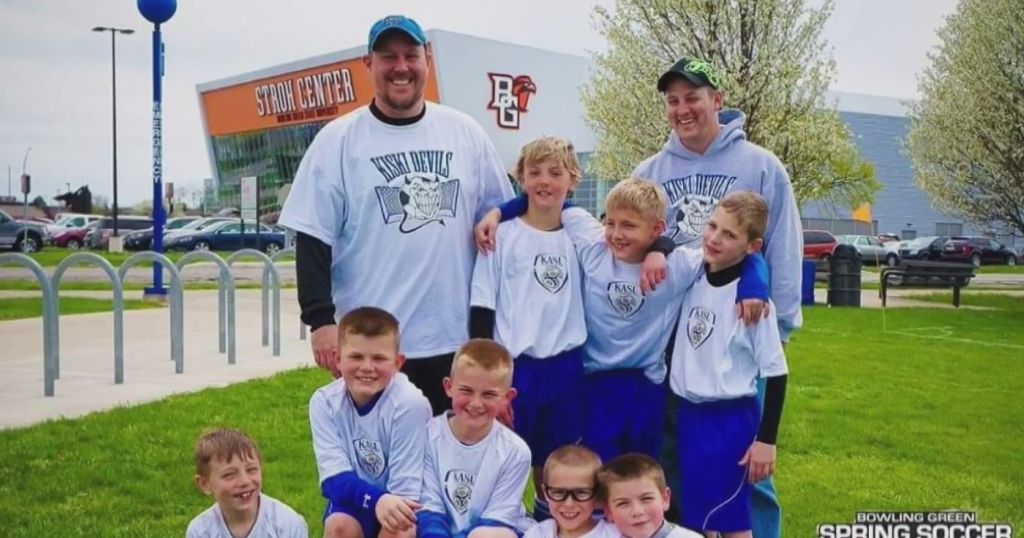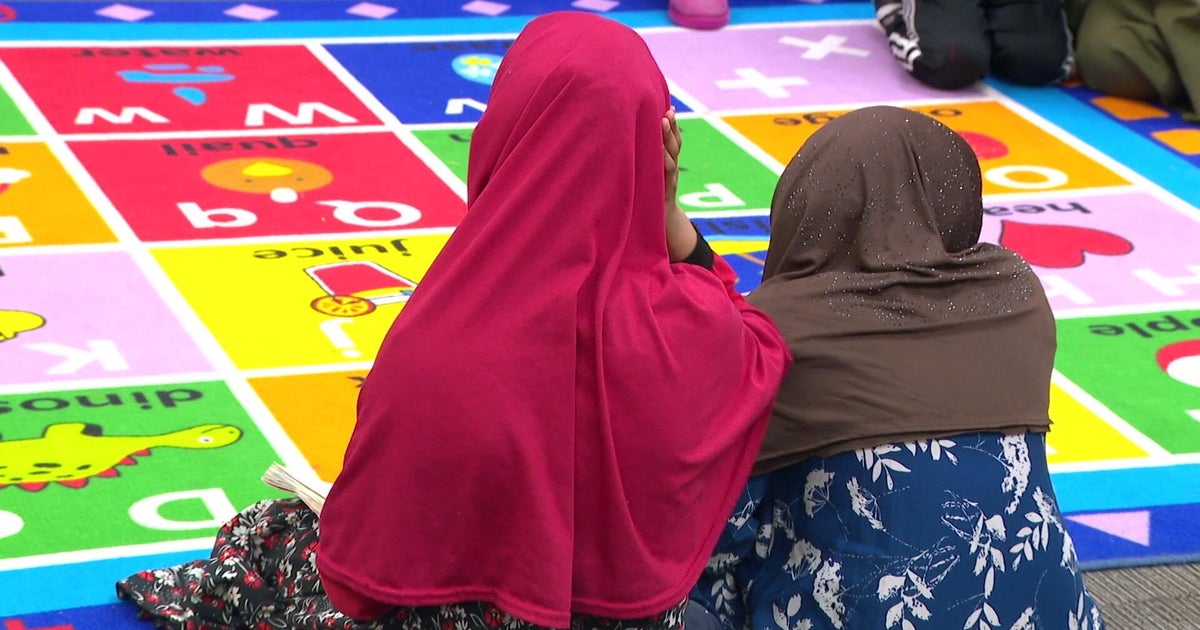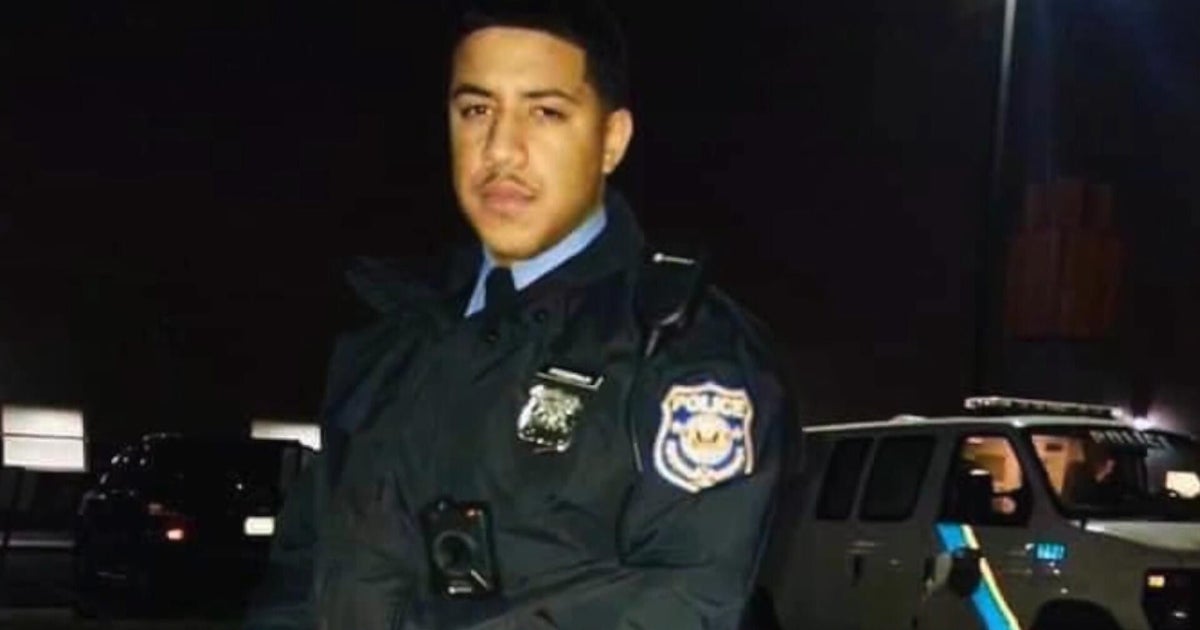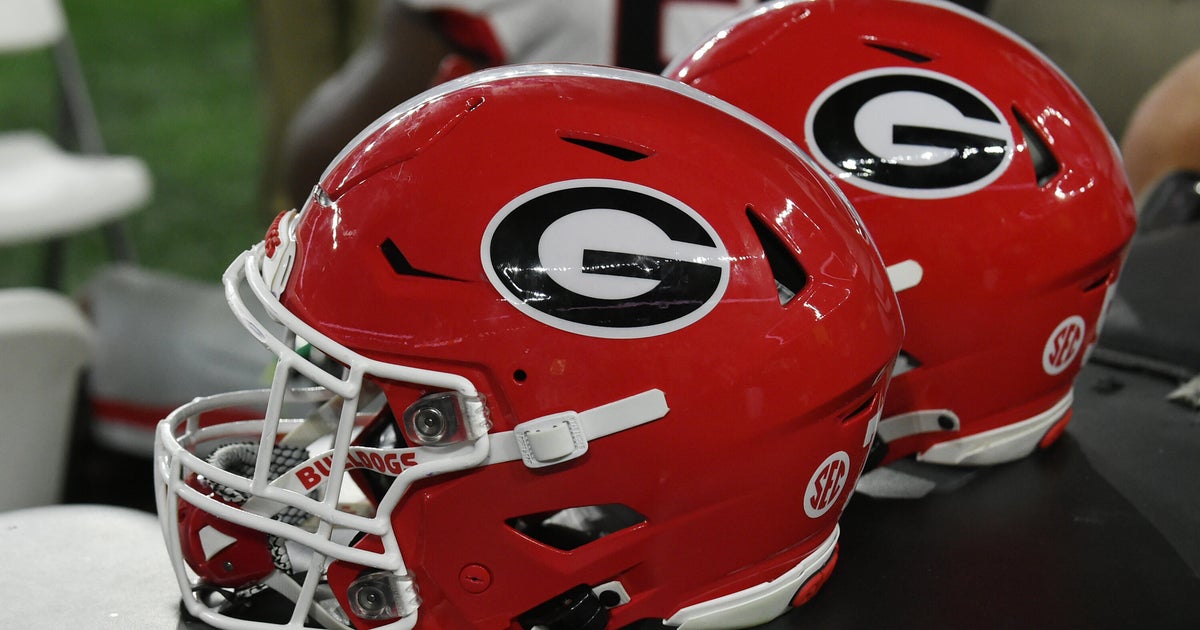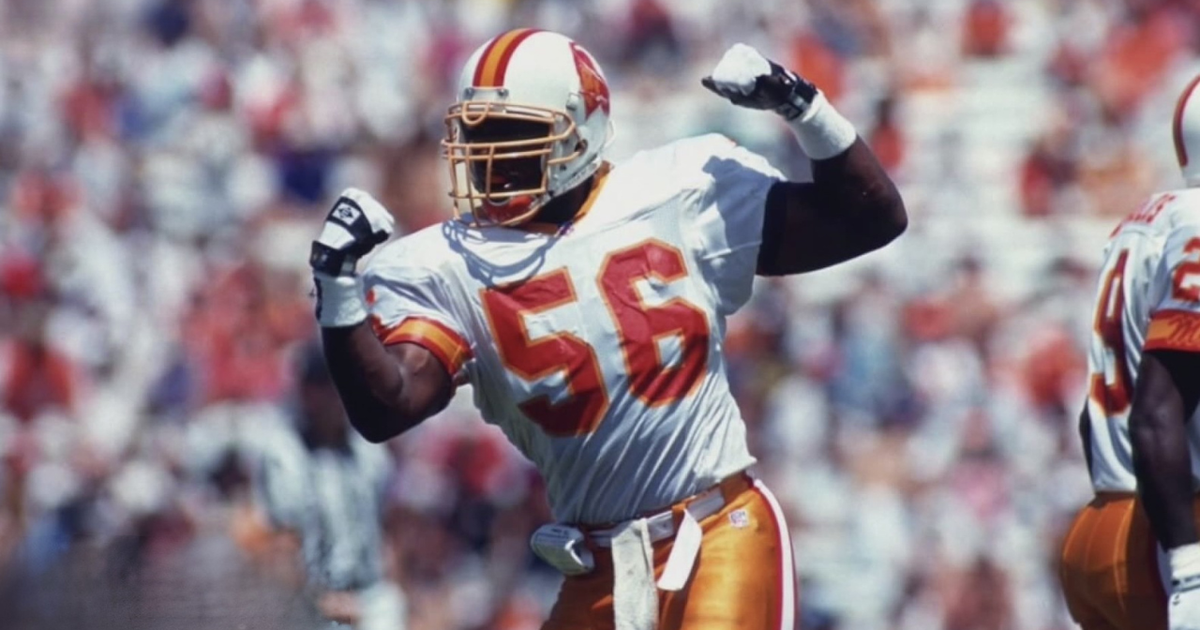Former Northwestern football coach Pat Fitzgerald suing university for $130 million
CHICAGO (CBS) -- Former Northwestern University football coach Pat Fitzgerald is suing the school and its president for wrongful termination, after he was fired in July over the program's hazing scandal.
His attorneys said they will seek out-of-pocket economic damages of roughly $130 million.
"The lawsuit is a major lawsuit. We are claiming various charges against Northwestern and [university president Michael] Schill, including breaches of contract of two different contracts, intentional infliction of emotional distress, defamation, and claims for punitive damages to punish Northwestern and president Schill for the injustices that they have imposed and inflicted on Mr. Fitzgerald and his family," said attorney Dan Webb.
As CBS 2's Chris Tye reported Thursday, Fitzgerald's attorneys are doing more than asking for money. They are downplaying the amount of hazing victims say occurred, calling into question the motives of the initial whistleblower, and adding the university president violated a verbal contract that would have limited Fitzgerald's punishment to a two-week suspension.
"How much hazing actually went on at Northwestern?" Webb said. "We're going to find out. I'm going to talk to you about it now - it's in our lawsuit. Not much."
Indeed, Webb called into question whether hazing occurred at all.
"Was there any real hazing at Northwestern?" Webb said. "I doubt it."
The breakdown of the $130 million Fitzgerald's attorneys are seeking in damages is $68 million for eight years remaining on a contract, and $62 million for lost future employment. Attorneys are also looking for millions more in punitive damages.
Webb said a jury would decide the amount of any damages for intentional infliction of emotional distress and defamation.
Several former football players have filed lawsuits against Northwestern since Fitzgerald was fired, accusing the university of negligence for failing to prevent acts of sexual abuse, racism, and other dehumanizing acts of hazing.
Fitzgerald, who led Northwestern for 17 seasons and was a star linebacker for the Wildcats in the mid-1990s, has maintained he had no knowledge of the hazing. Fitzgerald said after being fired that he was working with Webb and his agent, Bryan Harlan, to "protect my rights in accordance with the law."
In a statement, Northwestern said that Fitzgerald was responsible for the conduct of the football program, and should have known about the hazing and stopped it, but failed to do so.
"As part of the six-month independent investigation, multiple current or former football student-athletes acknowledged that hazing took place within the football program. Student-athletes across a range of years corroborated these findings, showing beyond question that hazing – which included nudity and sexualized acts – took place on Fitzgerald's watch. Since these findings were released, numerous former student-athletes have filed lawsuits against Fitzgerald and the University related to hazing they endured while on Fitzgerald's team. The safety of our students remains our highest priority, and we deeply regret that any student-athletes experienced hazing. We remain confident that the University acted appropriately in terminating Fitzgerald and we will vigorously defend our position in court."
In July, Fitzgerald agreed to a two-week suspension as news of the hazing first broke. His attorneys say a verbal agreement was made with university leaders.
"The deal was he would never be subjected to any other punishment, discipline, et cetera," Webb said. "Within one day, President Schill of Northwestern starts issuing public statements – 'Well, maybe I made a mistake here.'"
The school's internal investigation did not find "sufficient" evidence that the coaching staff knew about ongoing hazing, but concluded there were "significant opportunities" to find out about it.
It all stemmed from a former player - a whistleblower – whom Webb now claims had an axe to grind.
"He had made statements that he was going to make false allegations against Northwestern and Coach Fitzgerald of hazing," Webb said.
Meanwhile, attorneys for the former Wildcats football players who filed suit reacted late Thursday to the argument made by Fitzgerald's camp that "not much" hazing occurred.
"What is really particularly troubling is for Fitz's lawyer to get up and call dozens and dozens and dozens of former Northwestern football players opportunistic liars," said Steven Levin, an attorney for the former Northwestern football players.
Levin took Webb to task specifically more than once.
"I don't think it's a lawyer's role to assassinate the character of people who bring lawsuits," Levin said.
Through all the litigation, the central question remains: how much did the 48-year-old head coach know, and how much should he have known?
"He had a due diligence program to discover it, and he did not discover it," Webb said. "That's all you could do. No one can expect - and you can't fire someone for that.
Webb says he reached out to Northwestern to settle the suit out of court, but that effort was unproductive.
Attorneys for former players who allege that hazing did occur also said, "We took pains not to make this personal. We took pains calling it an institutional problem. We took pains not to give press conferences about the coach and his conduct."



